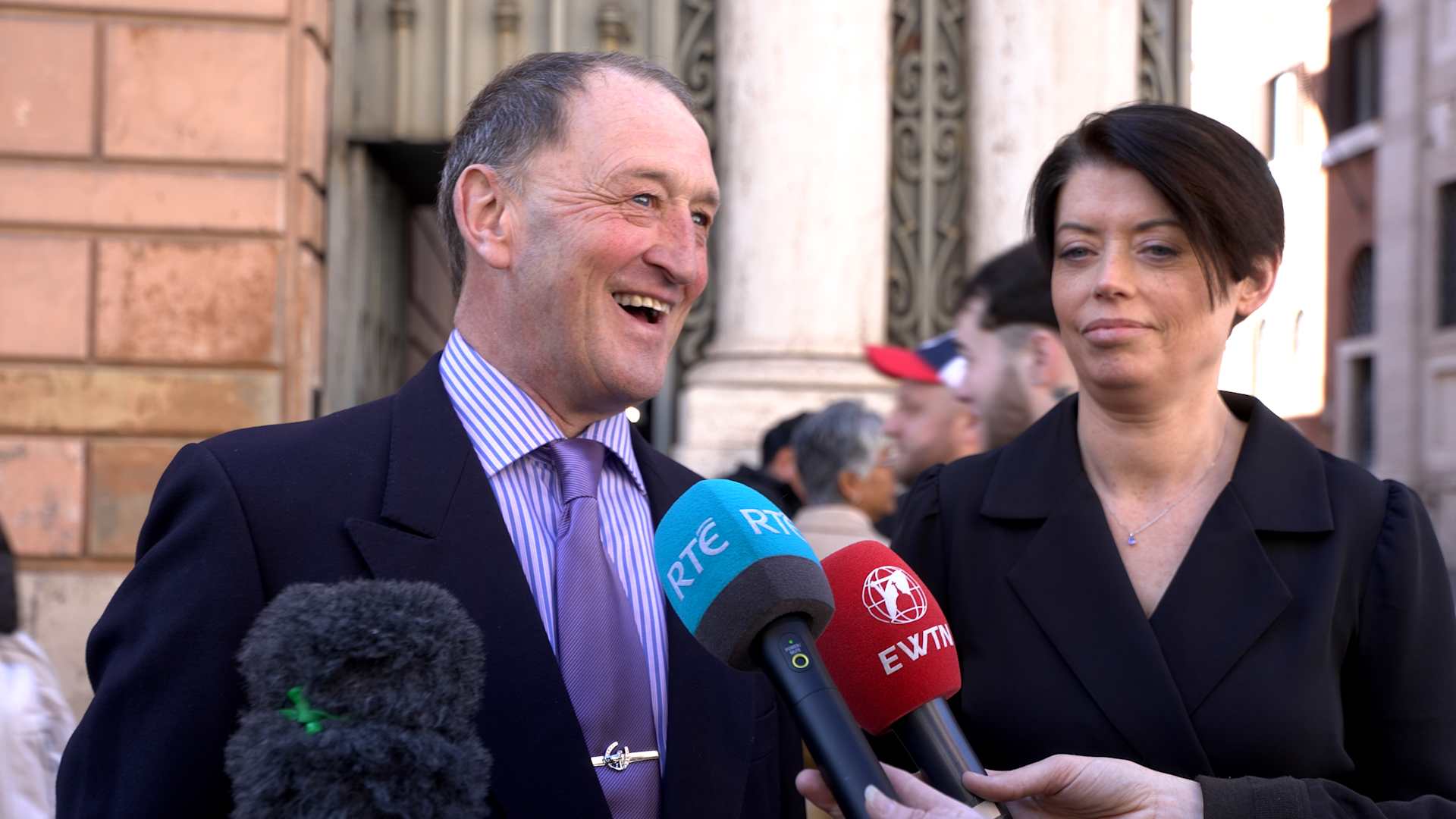
null / Credit: Zolnierek / Shutterstock
Washington, D.C. Newsroom, Oct 10, 2025 / 16:37 pm (CNA).
Pro-life pregnancy centers urged an appellate court to block California’s alleged “censorship” of their speech about medication designed to thwart the effects of the abortion drug mifepristone during oral arguments on Oct. 9.
Abortion Pill Reversal (APR) is recommended or dispensed by pro-life pregnancy centers to prevent the completion of an abortion shortly after a woman takes mifepristone to achieve a chemical abortion.
Mifepristone works by blocking the hormone progesterone, which cuts off the unborn child’s supply of oxygen and nutrients, according to the pro-life Charlotte Lozier Institute. APR operates as a progesterone supplement that is meant to compete with mifepristone by restoring the hormone in hopes that the woman can carry her pregnancy through to birth, according to the Charlotte Lozier Institute.
Although California has not tried to prohibit use of APR or prevent medical professionals from supplying it to women, Attorney General Rob Bonta in 2023 sued five pro-life pregnancy centers for promoting the medicine, accusing them of making false and misleading claims.
The American College of Obstetricians and Gynecologists (ACOG) does not recommend the use of APR, citing insufficient evidence. Alternatively, the American Association of Pro-life OBGYNs (AAPLOG) states the literature “clearly shows that the blockade is reversible with natural progesterone.”
Several pro-life pregnancy centers sued by California responded with lawsuits accusing Bonta of infringing on their First Amendment rights. Two cases were heard by a three-judge panel for the 9th Circuit Court of Appeals on Oct. 9.
“Abortion pill reversal is a lawful and life-saving treatment,” Alliance Defending Freedom Senior Counsel Caleb Dalton, who is representing the National Institute of Family and Life Advocates (NIFLA), told the judges.
“It occurs only after a conversation and informed consent from a licensed medical professional,” he said, and accused the attorney general of “trying to censor information about that so the conversation never happens.”
Peter Breen, Thomas More Society executive vice president, who is representing Culture of Life Family Services (COLFS), told the judges the attorney general is motivated by “animus” toward the pro-life movement following the Supreme Court’s decision to overturn Roe v. Wade.
“There’s no evidence on the record that anyone’s been harmed, and we’re almost 20 years into this, over 10 years at COLFS, and 400 babies born,” Breen told the judges.
“There’s no consumer protection here,” he continued. “There is no consumer to be protected. Women have been choosing this. The problem is: Are they going to know that they even have the option?”
Judges question California’s ‘state interest’
The California attorney general’s office was represented in court by Deputy Attorney General Erica Connolly, who argued that the studies backing the safety and effectiveness of APR are insufficient.
Connolly referenced an oft-cited study by George Delgado, which found that certain forms of progesterone supplements have a 64% to 68% success rate when used as an abortion pill reversal.
She accused pro-life pregnancy centers of misrepresenting the study and asserted the research is “not sufficient” in supporting its conclusions because it’s a “retrospective analysis” and “not a randomized controlled study.”
Judge Anthony Johnstone responded, asking: “As a matter of First Amendment doctrine, why does that matter if they’re reporting that a study says what the study says?” Johnstone also noted the Food and Drug Administration (FDA) has approved drugs with lower effectiveness rates.
Connolly alternatively argued that the Federal Trade Commission (FTC) has restricted advertisements when studies are “insufficient.”
Johnstone followed up, noting that California has not regulated the procedure itself but only the speech surrounding it and asked: “Why would it require lower evidence to regulate speech about that process?”
Connolly responded by saying advertisements affect the “informed consent process.” She said one cannot advertise “a treatment is safe and effective and that it does something that the scientific evidence does not establish that it does.”
Both Johnstone and Judge Eric Miller also expressed concern that the attorney general’s office did not adequately demonstrate the state’s interest in regulating the speech surrounding APR. In response Connolly said the interest is in “protecting individuals from misleading commercial speech about medical treatments.”
Ongoing scientific debate
Judge Johnnie Rawlinson raised the point that some medical associations have declined to sign off on APR as effective, but Dalton argued that disagreements within the medical community are “exactly what the First Amendment protects.”
Dalton argued Californians should be free to discuss scientific studies “without fear that the attorney general is going to silence them.” He said the First Amendment provides for “open discussion — not censorship.”











